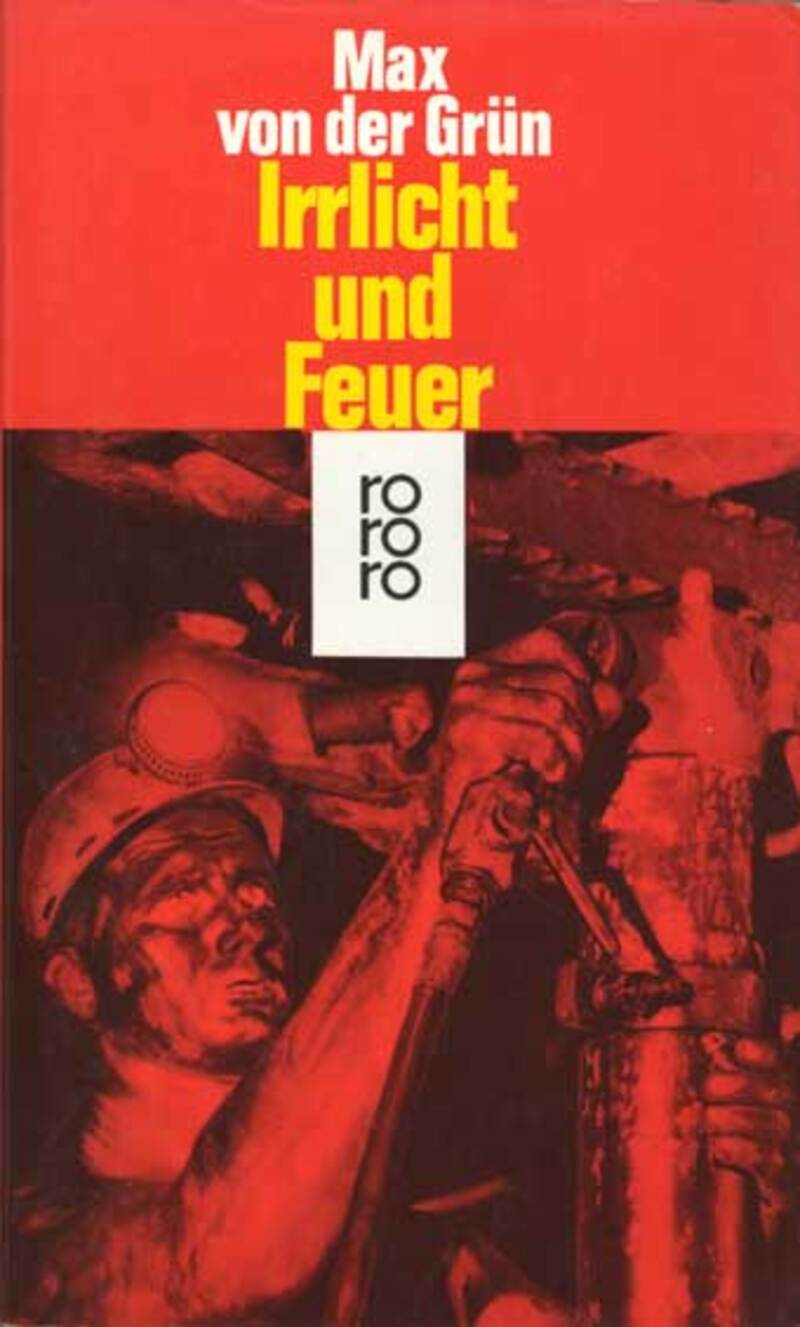Caponeu event
Book club Politics and Literature: Literary Work and Work Collectives | Max von der Grün: Irrlicht und Feuer
Caponeu event16.12.2024 - 16.12.2024
In the second session, we moved forward in time and space to the Federal Republic of Germany during the Economic Miracle ('Wirtschaftswunder'). Von der Grün's descriptions of the harsh and often murderous everyday working life in the coal mines of the Ruhrgebiet were appreciated by all participants for their realism and drastic nature – also because this whole (working) world seems very distant and alien when viewed from today's perspective (and from Berlin). Everyone was astonished and pleasantly surprised by von Grün's open and confrontational manner in addressing the presence of the Nazi past in the working and living world of post-war West Germany – this does not really fit in with the perhaps retrospective myth of a general silencing of the past in that period. Perhaps the connection to Nazi history had and still has a stronger class index than is generally assumed? Was the silence a predominantly bourgeois approach, and the often resigned and sarcastic openness a proletarian one?
The depictions of the reality of working-class life were controversially discussed, especially with regard to patriarchal-masculinist aspects. The image of women portrayed and conveyed here seems distant and alien to us today in a negative sense. At the same time, some participants emphasised that the novel reveals the economic prerequisites for the progressive emancipation of women in post-war society: The expansion of proletarian women's participation in the workforce goes hand in hand with the technologisation of reproductive work, which in turn is linked to an expansion of mass consumption (such as the availability of affordable but still expensive household appliances, symbolised by the washing machine). This mass consumption drives proletarian households into debt, which in turn leads to the expansion and intensification of wage labour.
The portrayal of the protagonist's politicisation was particularly controversial. While some participants sympathised with the protagonist's scepticism towards the representative bodies of the traditional labour movement (the portrayal of opportunistic trade union secretaries and works council members is nasty but accurate), others saw it as ignorance of the actual struggles of the working class, especially in the 1950s. The old dispute about von der Grün's novel (which was rejected at the time by the IG Bergbau trade union as reactionary and anti-unionist) is obviously still relevant today.
